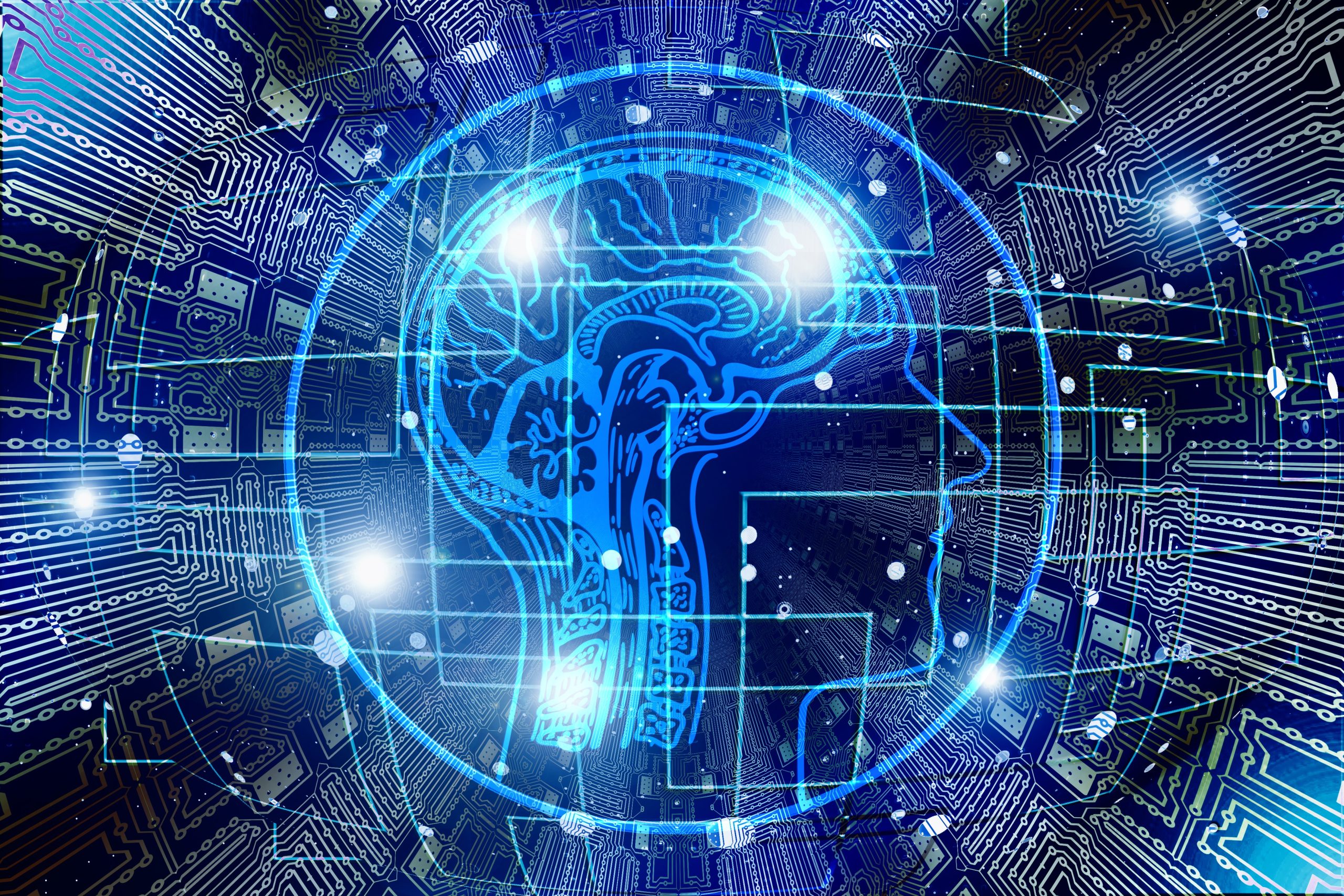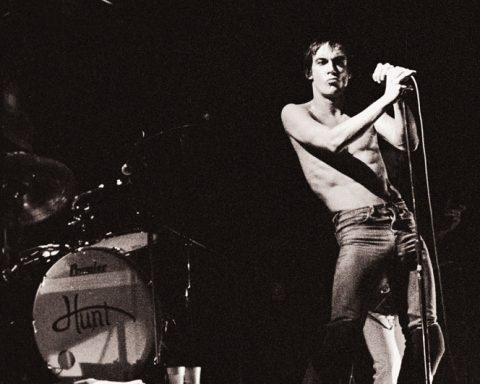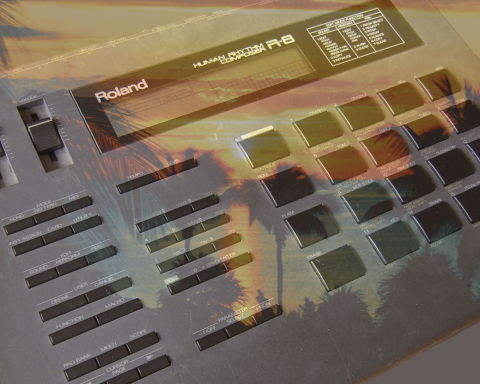Viral chatbot software ChatGPT seemed to come out of nowhere this year. What had many fearing for their job security soon became a valuable tool in helping people tackle a plethora of life tasks. These range from brainstorming gift ideas for loved ones to getting relationship advice. More specifically, Artificial Intelligence (AI) has been making its way into the music world, and it’s been polarizing, to say the least. Investigate the wild new world of AI and how it’s reshaping the creative landscape.
A Ghost in the Machine
Earlier this year, the world learned of a copyright battle caused by Ghostwriter977. The unknown TikTok user shared a song called “Heart on My Sleeve” that they apparently wrote. Except AI-generated vocal clones of Drake and The Weeknd were performing the vocals. The viral moment generated unamused comments from labels and an eventual takedown. Veteran musicians have been similarly perturbed by AI’s encroachment on what was artistic territory. In January 2023, Nick Cave dismissed AI-generated lyrics “written in the style of Nick Cave” as a “grotesque mockery of what it is to be human.”
However, the intersection of AI and music isn’t a technological development specific to 2023. It appears in the creation process in many different ways. In fact, sixty percent of musicians are already using AI in their music—whether artwork, production, or mastering.
"Sixty percent of musicians are already using AI in their music—whether artwork, production, or mastering."
An Unconventional Partner
Last year, pianist David Dolan performed with an unconventional improvisational partner. As he played the grand piano, a semi-autonomous AI system designed, programmed, and overseen by composer Oded Ben-Tal “listened” to the pitch and rhythm. Then, as a human would, the system added its own improvised contribution.
The result was otherworldly, containing new sounds and iterations of Dolan’s playing. This experiment is one example of the potential of this technology. Perhaps musicians could use AI to brainstorm, play unimagined progressions, or move a piece across the finish line.
"Perhaps musicians could use AI to brainstorm, play unimagined progressions, or move a piece across the finish line."
Drumming Up Inspiration
“Musicians have turned to AI to drum up inspiration and cut through writer’s block. They’re using applications like Jasper and Rytr to produce lyrics that capture different tones, moods, and other complexities,” Inder Phull explains. The CEO and co-founder of the interactive music ecosystem, PIXELYNX, has many thoughts on AI applications for artists.
“AI is also opening up musicians to new styles of music,” he adds. “If a musician traditionally produces music within the rap genre, then AI technology can complement or build upon that sound. Or spin out tracks inspired by other genres like country or dance.”
To Phull, the benefits are obvious. “This only expands an artist’s audience reach and propels music forward in exciting new ways by introducing new formats that are dynamic and allow musical ideas to exist in many forms.” PIXELYNX recently launched KORUS, an AI-powered music companion. KORUS aims to empower users to ethically generate AI tracks, making the process engaging, traceable, and lucrative for all involved.
Once Upon a Sample
Let’s not forget that sampling was also frowned upon when it first originated, with listeners believing it was a creativity killer. Instead, it became a way for artists to get inspired, try new sounds, and even explore different genres.
“We may be familiar with a remix,” Phull says. “But in theory, AI could transform entire albums by re-releasing multiple versions that experiment with different sounds, genres, and visuals.”
And it doesn’t stop there. “AI can develop art and graphics to accompany music and will push the boundaries of creative expression as artists experiment with multi-disciplinary approaches. It will also make it easier to make visualizers, lyric videos, and content that will save artists time and money.”
"AI could transform entire albums by re-releasing multiple versions that experiment with different sounds, genres, and visuals."
Inder Phull
Clone Wars
Another way that AI helps artists save time is through voice cloning, particularly when writers want to pitch a song to another artist. If an artist can hear how a song would sound with their voice, that will help expedite the decision process.
“A lot of songwriters are using it to pitch songs they’ve written,” independent DJ, vocalist, dancer, and visual artist KO aka koala says. “It’s really helpful if they don’t have the right type of voice for the song.”
She takes the theory a step further. “Or maybe they’re pitching a song to a female singer, but they’re a guy or vice versa. Before, people would pitch their voice up or down for that effect,” she recalls. “But this sounds real with minimal artifacts. You do have to sing it well with the right inflections to make it sound believable, though. Some artists even have their own AI voice made so they can hear how the song would potentially sound to see if they should record it.”
“We collaborated with Berlin technologists Birds on Mars, who trained their voice synthesis AI on my spoken voice."
Kat Five
A Magical Character
Feral Five is a musical duo comprising Kat Five (vocals and guitar) and Drew Five (bass and beats) from London and Kent, respectively. You could also say there is a third band member—“AI Kat Five,” also known as the AI version of human Kat. The group used AI on their recent album Truth Is The New Gold, and several tracks featuring AI got played on UK radio stations BBC 6 Music and Radio X.
Regarding Kat Five’s voice clone, the singer could “play AI Kat like an instrument and get her to do things I couldn’t do, like sound like an alien.” The results have been surprising. “It was quite shocking to get her to say new words I had never said on the training recording, but also very exciting,” Five explains.
“We collaborated with Berlin technologists Birds on Mars, who trained their voice synthesis AI on my spoken voice and then gave us models and an interface to use as a creative tool,” Five continues. “After playing around with both sung and spoken sounds, we used the AI as part of our writing process on some tracks.”
“AI Kat Five became a magical character on the album, a speaker of truth, an oracle, and certainly added a new dimension!” Five adds, “I’m also always trying out new AI tools like The Bass Player by Kieku AI Tools, Stable Audio, and Google’s MusicLM, but haven’t used them on releases.”
"AI can be the solution to its own problem by empowering artists with more ownership over their music ."
Inder Phull
Criticism and Praise
While AI has been equally critiqued and praised, Phull believes there is a simple way out. “Fortunately, AI can be the solution to its own problem by empowering artists with more ownership over their music while simultaneously creating new revenue and fan engagement streams.”
Grimes is a great example; the artist launched Elf.Tech, an AI software that mimics her voice. Not only is Elf.Tech inviting fans to test Grimes’ signature sound, but it encourages fans to share and commercially release their AI tracks in exchange for half of the master recording royalties.
“KORUS is also encouraging people to ethically play with licensed music and publish AI-generated tracks that include sourceable music stems, sounds, and more. Through these models, AI is not only solving a large industry-wide problem, but it’s empowering artists to evolve music as a whole,” Phull says.
Comic Relief
With all the seriousness around AI, it’s worth noting it can also create good old-fashioned fun. Tel Aviv-based singer/producer iogi doesn’t use the technology in his own music yet. Still, he’s keeping an eye on it and finds that a little comedic relief now and then isn’t such a bad thing.
“I love the page There I Ruined It,” he shares. “It’s a funny thing and not an attempt to make real art, but the mashups they create have a dream-like—and sometimes more like a nightmare—quality about them and make me laugh so hard.” It’s the comedic value that makes it work for iogi. “The mashups they create aren’t necessarily ‘good,’” he explains. “They combine artists and musical genres that should not be combined.”
The Discovery Phase
As with NFTs, we are in the discovery phase with AI. This is positive as artists and their teams maintain control. It’s also important to remember that the song or album isn’t exactly the end game. Beyond listener-facing tricks like voice cloning, there are many AI uses for production, mixing, or mastering with the incredibly robust AI-driven plugins on the market. These plugins use AI technology. Still, at the end of the day, humans are pulling the strings.
“Producers use it to generate loops or sounds that they can run through quickly to see if it’ll spark an idea. Tone transfer is popular as well—where you can hum a melody and turn that into any instrument or sound,” KO aka koala shares.
Sometimes, it’s not obvious where the technology begins. “I didn’t realize many tools I used included AI because they weren’t necessarily ‘branded’ as AI. These include apps that separate instruments and balance the vocals and mix.”
"Producers use it to generate loops or sounds that they can run through quickly to see if it’ll spark an idea."
KO aka koala
New Values
So, how do musicians see themselves using AI in the next several years? “I think artists will be using AI creatively and for backroom processes in a very fluid and comfortable way, including for their avatars with personality and AI twins,” Kat Five says. “Some will find ways of hacking AI to create completely new genres and musical experiences. They’ll be rebelling against potential blandness, a danger if you are training models on the mainstream. A big change will be the rise of ethical AI in music, including tools created collaboratively and new values-orientated platforms in AI that don’t exploit musicians.”
"Remember AI is not the genius—the true genius will always be the artist."
Human Behind the Vision
Most importantly, the reason why listeners even turn into fans in the first place isn’t simply because of the end product. “Remember AI is not the genius—the true genius will always be the artist,” Phull assures. “Tools like AI will only optimize processes, unlock solutions to widespread problems, and bring about an exciting revolution in the progression of music.”
Of course, listeners have to enjoy the music. It’s the artist’s story, personality, and specific perspective that no one else can offer. The whole package motivates fans to stay, and the human behind the vision will always remain at the heart.







